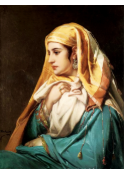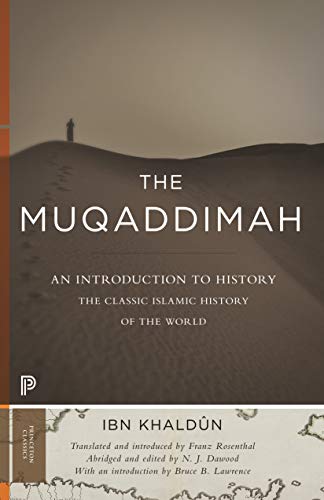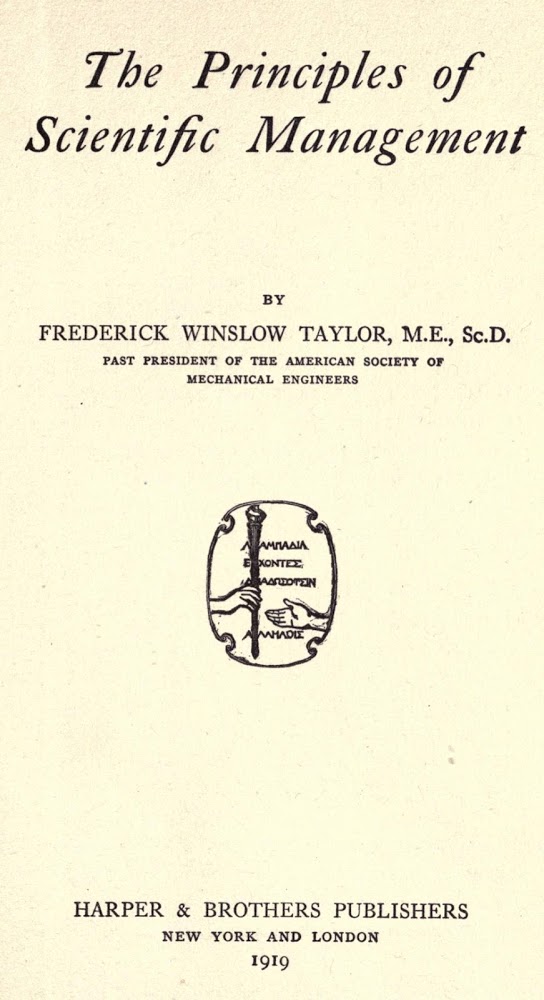What Made Me Select Meghadoot
You must be surprised as to why I have selected “Meghadoot” , written by the great poet Kalidas, for the book review and that too on the matter of leadership. "Meghadoot”is a Sanskrit word which means the “Cloud Messenger”.
Let me be honest that there cannot be any idea of Leadership without the concept of “Imagination”. Leadership and Imaginations are intricately related to each other and the progress of leadership cannot be ever visualised without imagination being the part of it.
“ Where even the sun rays do not reach, the poet’s imagination reaches” is a popular wisdom that testifies to the power of the imaginations of the poet. Poetry forms the integral part of the imagination process of mankind. Over the period of time I have read many great poets and their works and they have all been fabulous & marvelous. But there is a special place for “Meghadoota of Kalidas” among those glorious lists.
The Philosophical Summary
Meghadoot is one of the finest poems of imagination, hope and the desire of the human soul for the better days ahead. The continuous & optimistic longings of the human heart for the beautiful future world is what sets it apart from many poems of its genre.
The Meghadoot tells us the lamentation of a yaksha (spirit) who is exiled by king Kuber, on a lonely mountain, for dereliction of duty. While being in exile the Yaksha sees a cloud floating on top of that mountain and he requests the cloud to deliver his message to his beloved somewhere in the far land. The message of love, hope, longings, desire etc expressed by the yaksha for his beloved, as narrated to the cloud messenger, and the subsequent travelogue of the cloud forms the gist of the poem.
Just like in any other poetry, the literal meaning is not so important as the concealed, inferred and the imagined message of the poem. There are always the two dimensions of meanings ascribed to poetry- The obvious & the non-obvious, the earthly & the spiritual and the material & the metaphysical. The Meghdoot fulfills all the finer aspects of poetry specially the metaphysical and that is why it is majestic, captivating and alluring to our senses.
The Meghadoot and Leadership
As a leader our mind should wander around intellectually, full of ideas, and there should be no limit to our imagination process like the cloud messenger. Further like the Yaksha, the vision & hope of the leader should be independent of the precarious circumstances and our desires and aspirations must be infinite also.
The Meghadoot poem is full of vivid imagery of nature as described by the cloud messenger. It talks about nature in finer details and thus brings out its alluring beauty right before us in the most majestic forms. Perhaps it is conveying to us that just like the cloud messenger the leaders must also have eyes for the finer details so that clarity is always established.
The Meghadoota invokes in us the “Leadership of the Mind” and reading it is like wandering into the dreams of the future. This is a process in which you will happily get lost in the poem only to reach your zenith of imagination. The poet through the magic of words has created realistic imagery of the beautiful world of destinations for the readers.
Similar is the work of a leader to create a beautiful future and make it seem realistic and achievable. The leader must create desires and from it will come hope and determination to attain the cherished goals like the Yaksha. The leader must also journey along with his adherents on the roads of destination as the cloud messenger does along the monsoon season.
Moments From The Book
It is the book where you can find splendid moments in almost every stanza and in every page. Though there are many to quote but I would be highlighting only those stanzas which touched my soul.
“Listen, giver of water!
You are a shelter for the distressed.
Since I am separated by the anger of the Lord of wealth,
Bring my message to my beloved”
“Teardrops as big as pearls
Fall without fail on the roots of trees,
From the local deities who see me,
My arms stretched out into empty space
As if reaching for a tight embrace,
As I picture you in my dreams.”
“Listen cloud, I hope you do this out of friendship for me,
I see no reason to assume the silence of your majesty is to deny me;
Though you are without words, you grant water to the begging cātaka birds.
A good person replies by simply performing favors for friends.”
The Central Thesis
The Meghadoot poem may be taken as an allegory to the fact that the “cloud messenger” is the leader who can carry the hopes & aspirations of the people to its final destination- the beloved.
The Meghdoot can be further conceptualised as the master who helps the followers (yaksha) to have deep dialogue within its mind and soul to bring out the true desires and expectations. Without the meghdoot (leader), the yaksha (follower) is not able to clearly visualise his inner goals. He is lost about his future in despair waiting for someone to fire up his zeal again.
The book, according to me, conveys to us that “leadership” can also be like a cloud that acts as a mediator between the people and their beautiful future. Just like the entire responsibility of delivering the Yaksha’s message rested upon the cloud messenger, similarly the entire power of the peoples future lies in the hand of the leadership.
The cloud messenger is a traveller and it has to travel long to deliver the message. In the same way leaders are those who also travel along the roads of life to deliver on the expectations of the people. The cloud brings rain to the parched soils and thus allows the seeds of creation to be planted in the soil. This is what the great leadership also does to plant seeds for the marvellous future.
The cloud messenger satisfies the thirsty earth and it is not difficult to imagine that the leaders also quenches the thirst of the people for the glorious future.
Another message the book is conveying to us is about the “Risk” taking abilities of successful leadership. During the time of Kalidas the romantic poems were generally written in short stanzas but he adopted the long narrative form in Meghdoot. It was a huge risk but Kalidas took it and ultimately it became a big success.
Summing up, the central thesis of the book, according to me, is that humanity should never give up hope even in the face of any great distress. We must never lose faith in the future as life is like a wheel with both joys and sorrows well spun coming up and down in the cycle. This central message has been beautifully expressed in the verses below by Kalidas…
“Let then my firmness save thee from despair,
Who Trust Myself,not sink beneath my care;
Trust to futurity, for still we view,
The always wretched, always blest, are few:
Life, like a wheel revolving orb,turns around,
Now Whirled In Air, now dragged along the ground”
Finally...
This is what leadership is also about. You never lose hope when you are in the leadership role and you create belief for the success in the minds of the adherents against all adversity .
The message of optimism and hope which so characteristic of a successful leader is beautifully expressed in the given stanza below :
“Having done me this favor
You should wander the lands as you please,
Your glory increases by the rainy season.
May you never be like me,
separated from your lightning”
The great leaders are never separated from their lightning.

 Get a PDF Free Book
Get a PDF Free Book







